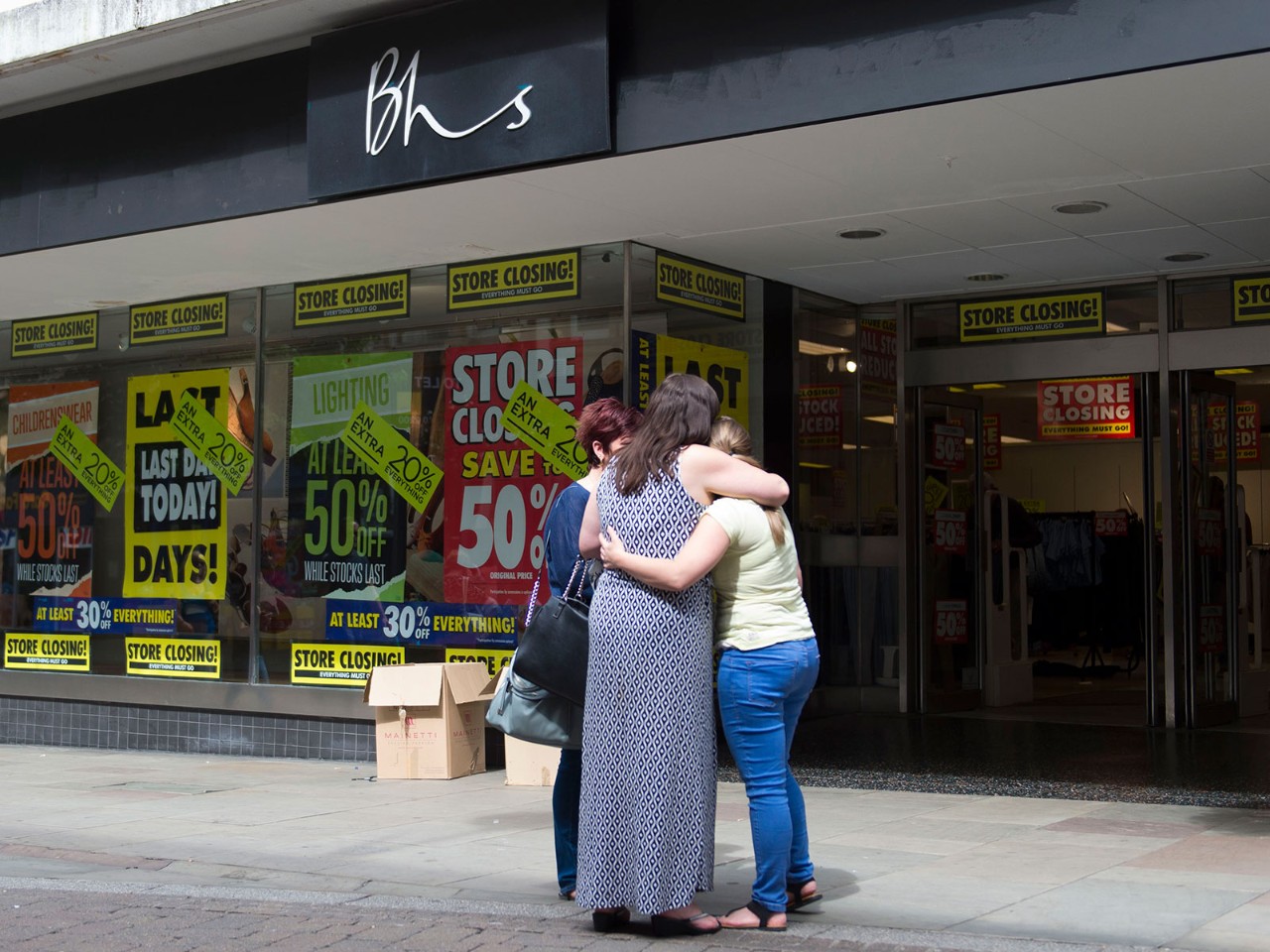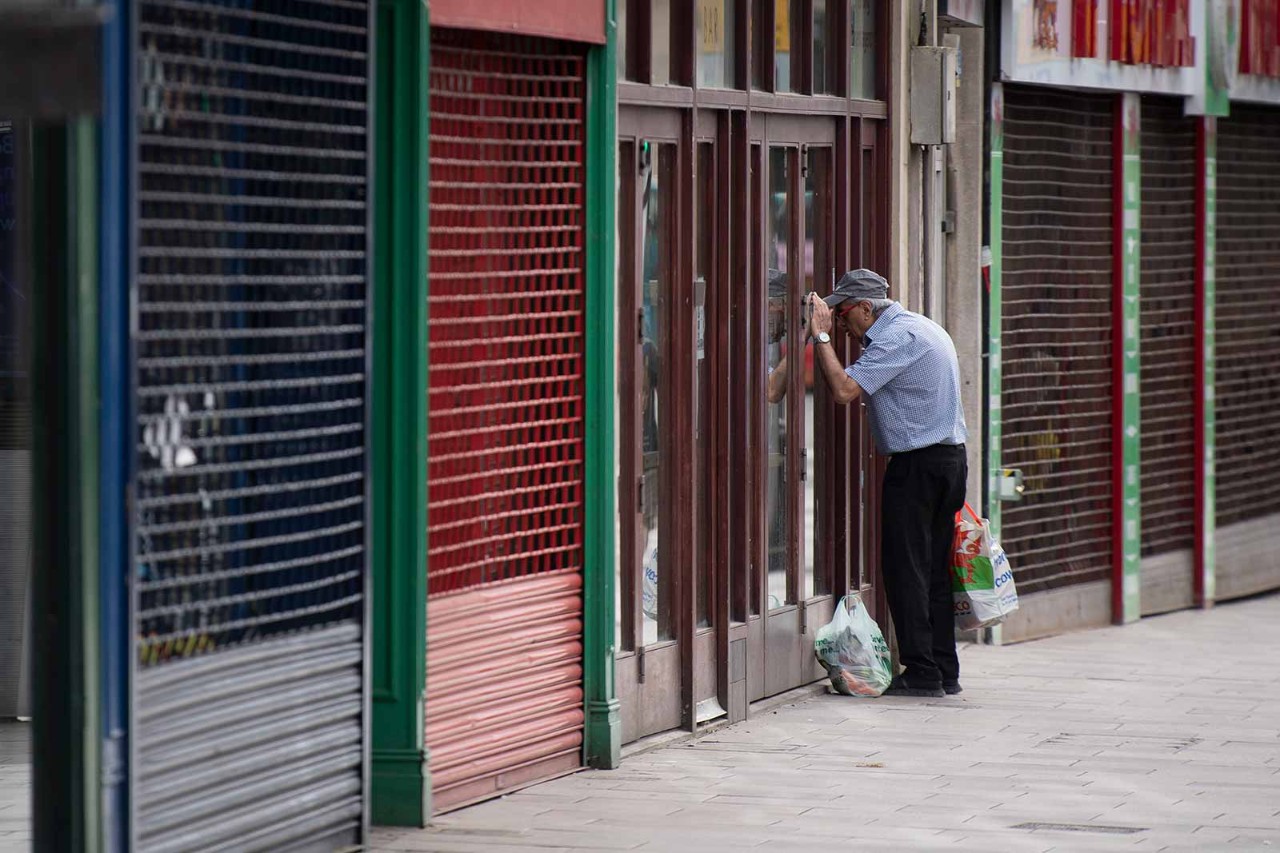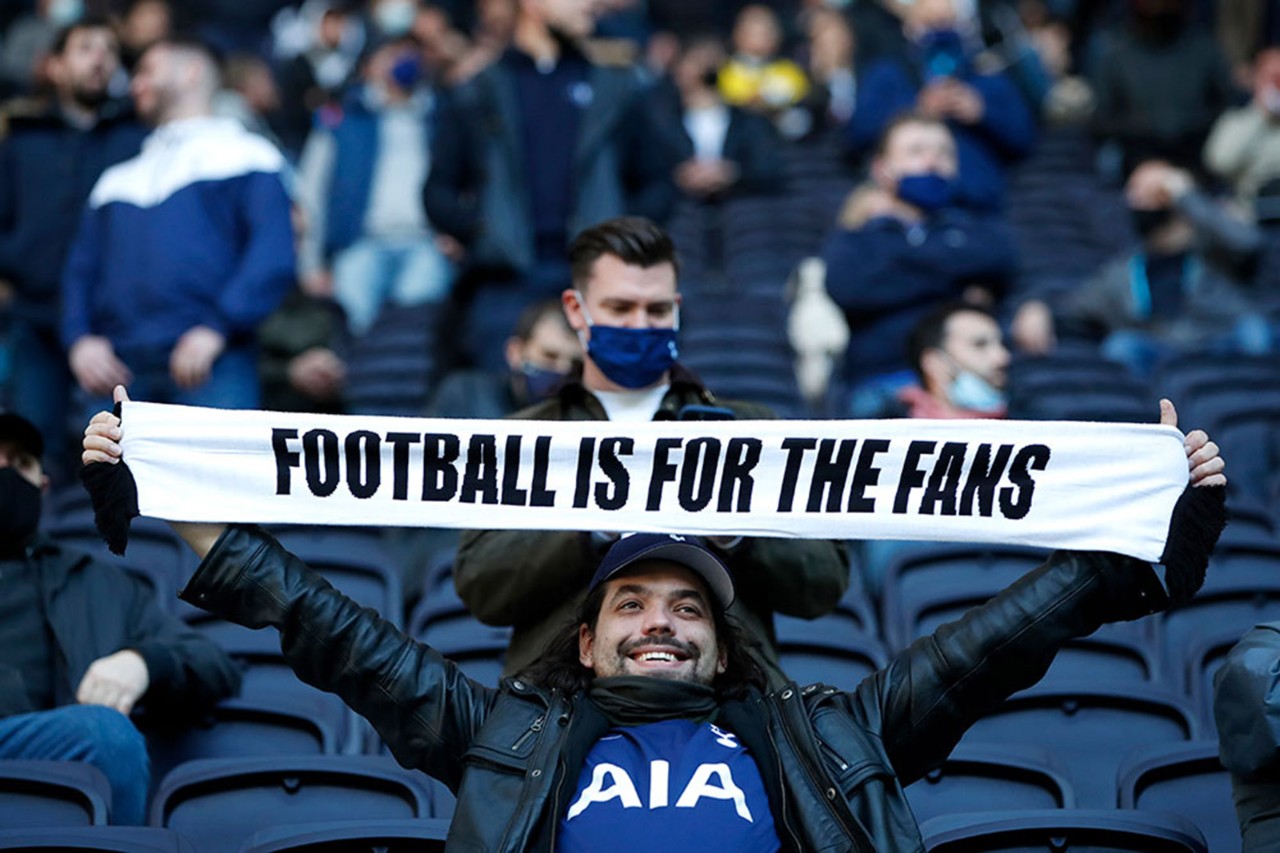
Back in the days of what used to be called the Department of Trade and Industry, it had a chief inspector of companies. If you visited him, you noticed he had a chart on his wall with the number of disqualifications of company directors for the year. It reminded him of one simple rule: you had to have that number increasing or, put simply, you lost your deterrent power.
Similarly, when I was a young journalist on Accountancy Age, we ran a table every six months of qualified audits where the auditor had publicly said that some part of a set of annual report and accounts was rubbish. It was the same principle. If you wanted to keep both auditors and company directors honest, you had to keep making their lives difficult. You had to keep hauling them, as much as you could, over the coals.
Off the hook
And then the tide went out. Everyone started talking about risk and risk assessments. The audit world became hugely rich by building up a vast edifice of rules and regulations. Auditors knew that if something went wrong, the important issue would no longer be whether they had spotted the transgression or the fraud but whether they had complied with all things that they were supposed to have done. If so, then they were off the hook.

If the company went belly up you sued the auditors. So the assumption grew that directors weren’t really responsible
Likewise company directors. They knew that the only players in the game who had to have insurance were the auditors. If the company went belly up then it was simple: you sued the auditors. So the assumption grew that directors weren’t really responsible, financially, for what happened.
This smokescreen clouded the public view as well. Directors faded from the narrative and left auditors exposed out front.
The law doesn’t back any of this up. As one veteran observer pointed out the other day: ‘For 36 years the Companies Acts have said that it was up to directors to report on “the principal risks and uncertainties facing the company".' And it is eight years since the UK Corporate Governance Code required boards to confirm that the report and accounts were ‘fair, balanced and understandable’.
As the whole enterprise chugs complacently on, little is likely to change
Sleight of hand
It has been a remarkable sleight of hand. And effectively public perceptions have been allowed to diverge from the reality.
The audit world has been allowed to create its own detailed rules and company directors have happily retreated from their responsibilities. Meanwhile, the authorities, such as they are, are still putting up the stage scenery around which the farce is being played out.
Firstly, internal auditors are pointing out that remote working is weakening organisational culture and opening companies up to a greater likelihood of fraud. The latest survey from the main internal auditors body found that, as an area of concern for senior auditors, fraud is now ahead of financial, liquidity and insolvency risks as well the risk of digital disruption.
Secondly, the Financial Reporting Council, still some years off its transformation into a more effective body, has issued rules saying that auditors will be required, from next year, to obtain ‘reasonable assurance’ that the accounts they are opining on are not undermined by fraud. These are words that are unlikely to strike terror into the hearts of company directors.
And, thirdly, most auditors outside the Big Four major firms have decided, quite sensibly, that even sharing chunks of larger audits, as the government had suggested, is far too risky an idea for them.
So, as the whole enterprise chugs complacently on, little is likely to change. Auditors will continue to fall back on their own rules rather than thinking sceptically about the company they are reporting on. And company directors, largely, will escape any of the opprobrium of being disqualified, struck off, sued and suffering the sort of dreadful publicity that might encourage them to take their responsibilities seriously enough. The dance simply goes on.



